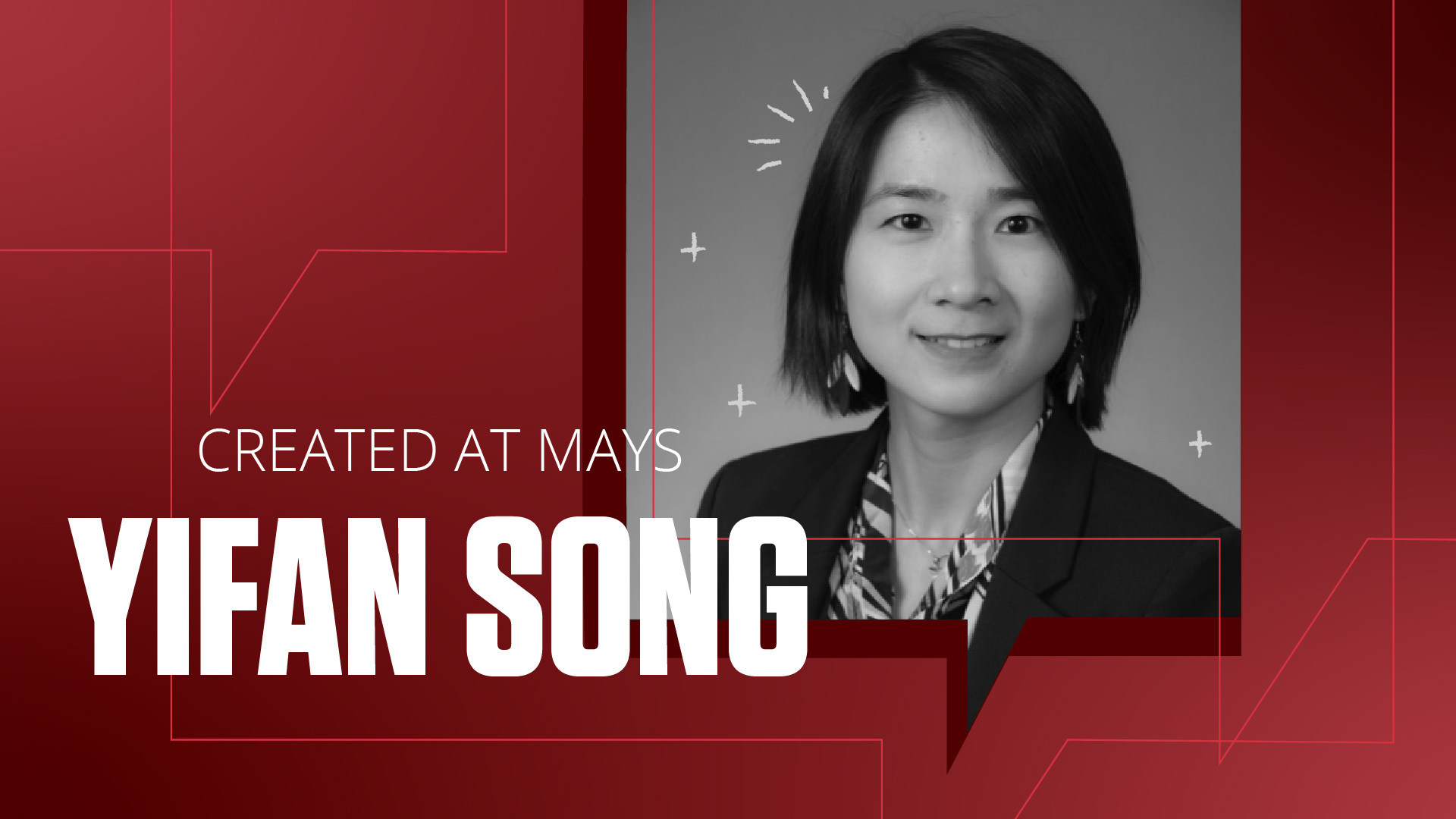Exploring the Dynamics of Employee Goal Progress in Today’s Rapid Work Environment
January 11, 2024
|
Yifan Song
Listen to this podcast on Amazon Music, Apple Podcasts, Google Podcast or Spotify.
As the pace of the work environment accelerates, more employees find themselves with unachieved daily goals. Dr. Yifan Song, assistant professor of management atMays Business School, takes a deep dive into the increasingly common phenomenon of unmet daily work goals in today’s fast-paced professional environment. Her study explores the profound impact of these unmet goals on employee well-being and performance and reveals some interesting cognitive mechanisms at play.
As the modern work environment continues to evolve, more and more employees find themselves ending the workday with tasks left on their to-do lists. The impact of these unmet goals on an employee’s mental health and performance is significant and warrants further investigation.
This study addresses a paradox in existing theoretical perspectives on how employees respond to discrepancies between their daily goals and actual performance, termed goal-performance discrepancy (GPD). On the one hand, the self-regulation perspective argues for an adaptive feedback loop, suggesting that GPD on one day is likely to lead to a reduction in GPD on the following day. Conversely, the self-focused cognition perspective suggests a maladaptive feedback loop in which GPD on a given day may exacerbate GPD the next day.
To reconcile these two perspectives, the research team took a temporal perspective and conducted an intensive daily diary study. Their goal was to identify the cognitive mechanisms that drive these feedback loops and the role of an employee’s temporal focus – whether future- or past-oriented – in influencing their response to daily GPD.
Based on 485 daily reports collected from 100 professionals, the study revealed some compelling findings:
- Anticipatory Thinking vs. Rumination: Daily GPD can lead to a decrease in the next day’s GPD if the employee engages in anticipatory thinking after work. However, the same GPD can exacerbate the next day’s discrepancy if it leads to increased post-work rumination.
- The role of temporal focus: An employee’s orientation toward the future can mitigate the maladaptive feedback loop by promoting resilience and forward thinking. In contrast, a tendency to dwell on past events can inhibit the adaptive feedback cycle, trapping an individual in a counterproductive loop of rumination.
Dr. Song emphasized the implications of the study’s findings: “Our research underscores the importance of cognitive responses in shaping the daily goal-pursuit journey of employees. The dual roles of anticipatory thinking and rumination, in tandem with an individual’s temporal focus, can determine whether they bounce back stronger after a day of unachieved goals or find themselves in a repetitive cycle of underperformance.”
This research not only offers profound theoretical insights but also points towards actionable strategies for managers and HR professionals. By fostering a future-oriented mindset and encouraging forward-thinking practices among employees, organizations can navigate the challenges of the ever-changing professional landscape more effectively.




